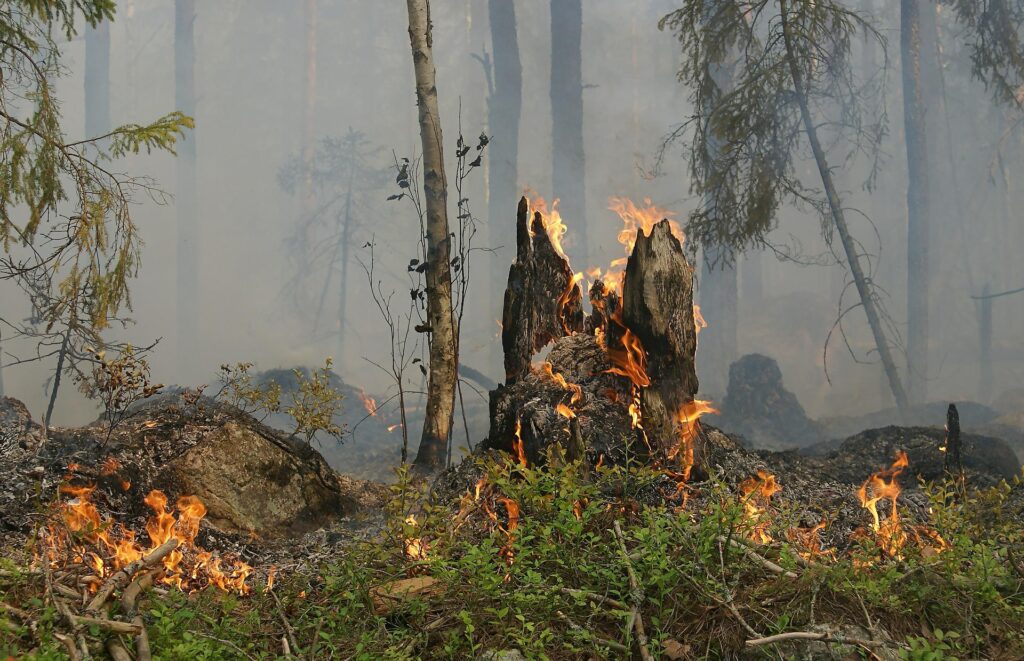
On June 1, the season of natural disasters such as wildfires and hurricanes began in the United States. Experts are calling for preparation for a prolonged, potentially deadly period of these phenomena, which requires solutions that allow for the construction of long-term climate-resilient infrastructure and prosperous economies.
That's what activists from Florida, Oregon, California, Louisiana and Texas said during a media session held by Ethnic Media Services, where they stressed the importance of pressuring elected officials to address what they say is the U.S.'s failed disaster relief system.
Ashley Shelton, founder and president of the Louisiana Power Coalition for Equity and Justice, highlighted the importance of monetary assistance for those who have lost and suffered from the effects of natural phenomena such as extreme rainfall, floods, hurricanes, tornadoes, and fires, among others.
And, he said, those affected are using everything they have to survive and save what they can, ending up bankrupt and owing a lot of money, since the resources they normally have to pay bills and make various necessary purchases are diverted to expenses such as hotels and food available at the time.
The Federal Emergency Management Agency (FEMA) should be the first to respond to affected areas, however, Shelton said,
